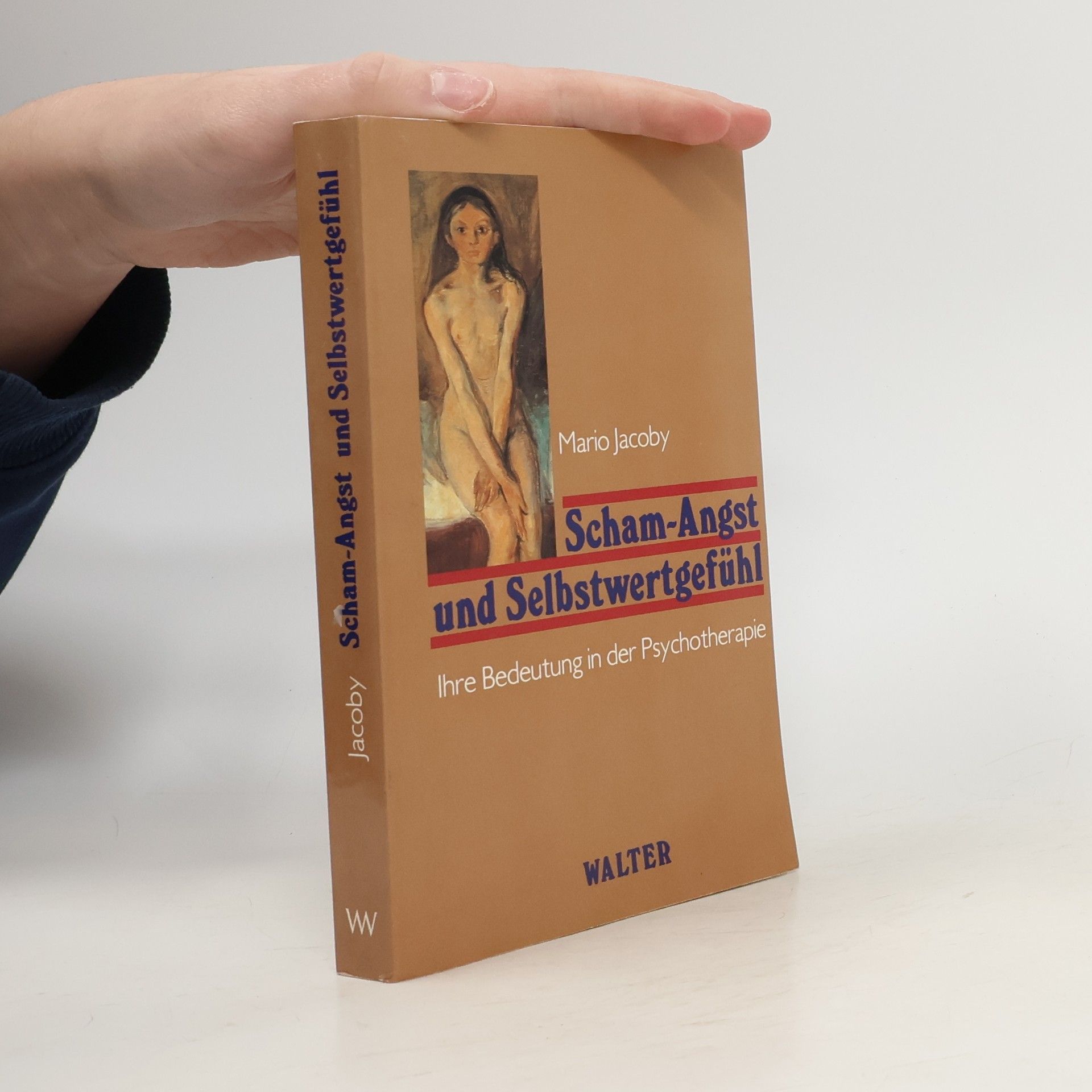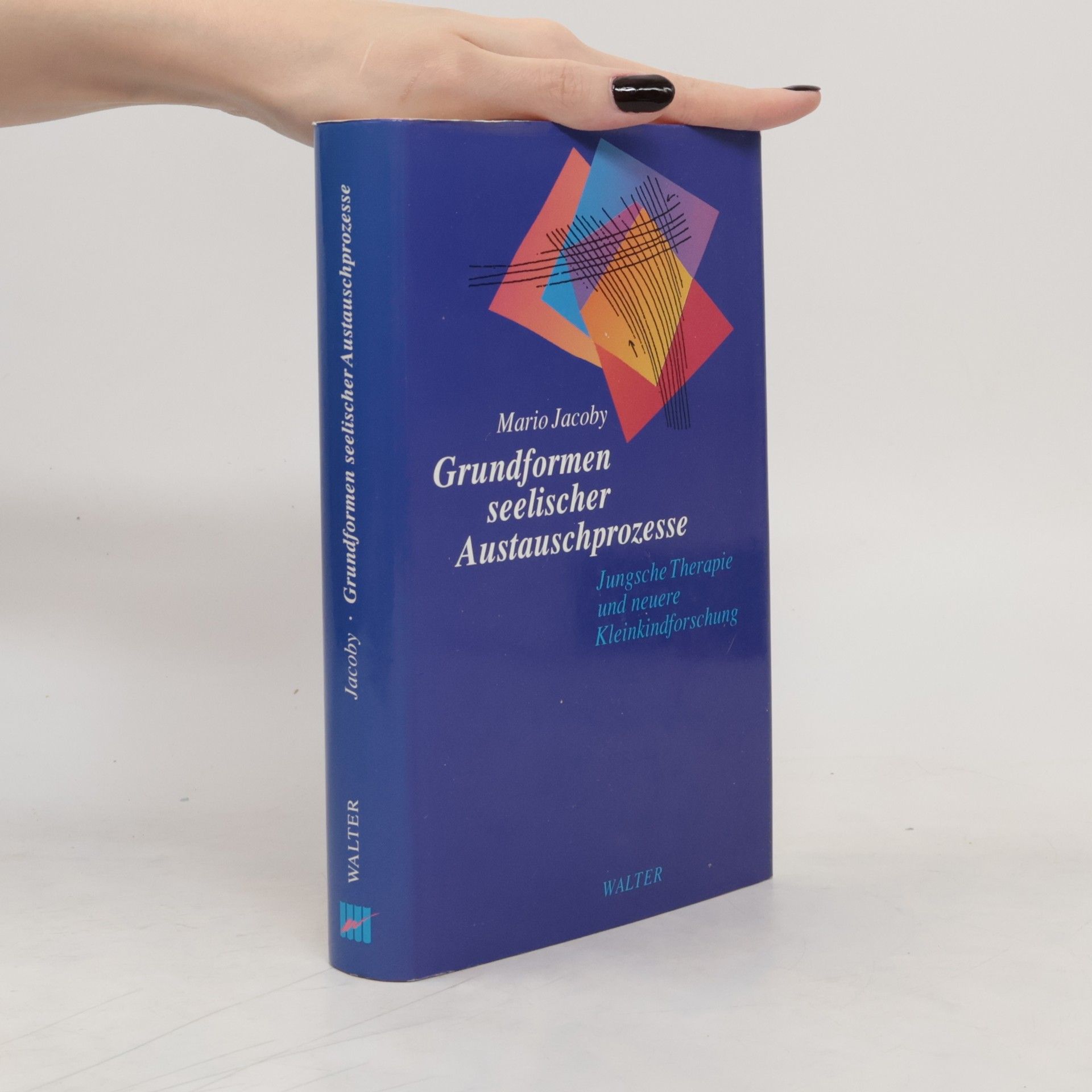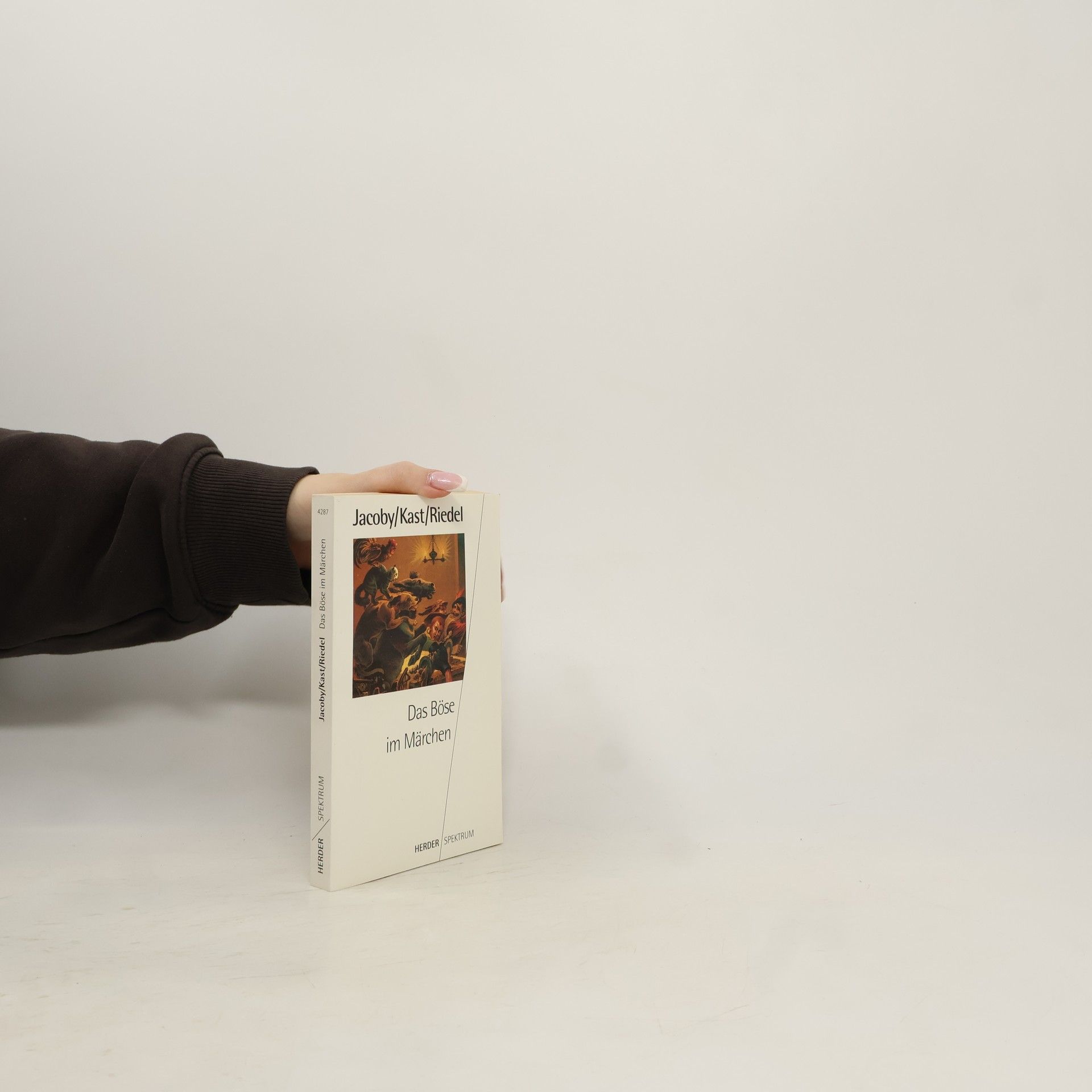Mario Jacoby Libros
August 27, 1925 – October 1, 2011






Psychologická perspektiva archetypu ráje. Mario Jacoby, přední jungiánský analytik, se zabývá třemi závažnými tématy. V první části knihy zkoumá psychologickou spojitost mezi představami ráje a kvalitou vztahu mezi kojencem a matkou, který má klíčový a rozhodující vliv na vývoj dítěte. Ve druhé části se zabývá analýzou biblického příběhu o ráji a pádu. Jacoby se zamýšlí nad původem a výkladem tohoto příběhu a také nad tím, jak biblický příběh opodstatnil tvrzení o podřadnosti žen. V poslední části Jacoby srovnává různé legendy a mýty slibující příchod ráje s léčebným potenciálem Jungova individuačního procesu.


